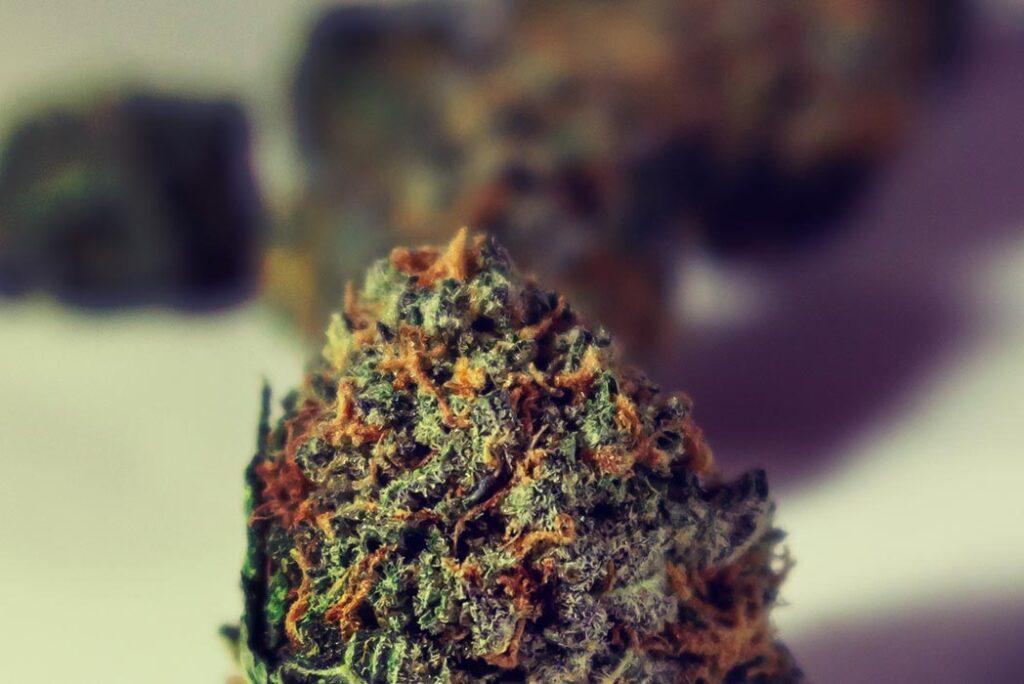The group spearheading a new recreational marijuana legalization initiative in Oklahoma says it could begin collecting signatures as early as August 15, but the timeline may be pushed to the fall if the measure is legally challenged.

Oklahomans for Responsible Cannabis Action (ORCA), the organization behind the proposal known as State Question 837, filed the measure with the Secretary of State earlier this year with the goal of placing it on the 2026 general election ballot. The initiative would legalize marijuana for adults 21 and older, while also including expansive protections in areas like housing, employment, healthcare access, and firearm ownership for legal cannabis users.
Jed Green, spokesperson for ORCA, told The Marijuana Herald that the initiative is currently in its first open challenge period, which runs through July 7. During this period, any Oklahoma resident can challenge the constitutionality of the measure.
“If there is no challenge by July 7th, we will begin gathering signatures around August 15th,” said Green. “If there is a challenge, it will delay signature gathering until the Fall of this year.”
In the meantime, ORCA is ramping up its organizing efforts and fundraising operations in preparation for the signature drive. Green encouraged supporters to stay updated at orca4ok.com, where volunteers can sign up to receive email alerts and participate in the campaign.
“We’re just finishing legislative session in Oklahoma. It went well,” Green added. “We’ll now be able to go all in on SQ 837 as a group for the rest of 2025.”
To qualify for the 2026 ballot, the campaign will need to collect 172,993 valid signatures within a 90-day window once the measure is officially cleared for circulation.
If approved by voters, State Question 837 would allow:
- Adults 21+ to possess up to eight ounces of marijuana and grow up to 12 plants for personal use.
- Legal possession of marijuana harvested from those plants.
- Legal possession of up to one ounce of cannabis concentrates.
The measure also contains broad protections ensuring that individuals are not penalized for legal marijuana use in relation to public assistance, parental rights, educational opportunities, driving privileges, and licensed firearm ownership.
Additionally, it proposes a 10% excise tax on recreational cannabis sales, with revenues split among the state’s general fund (40%), counties (30%), and municipalities where sales occur (30%).







